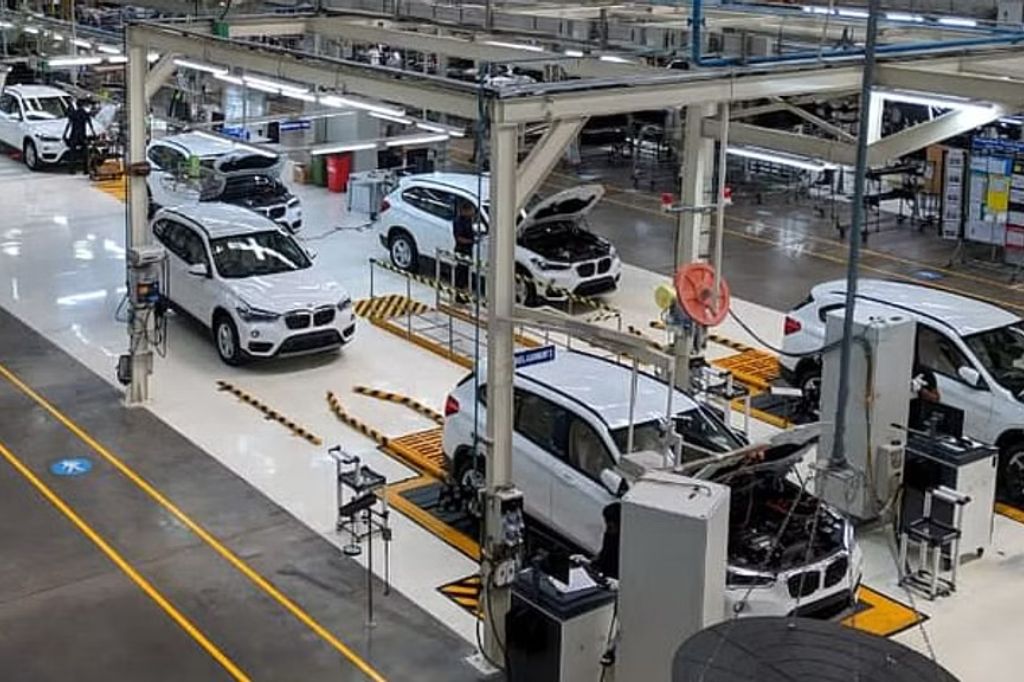Vietnam automobile market has witnessed a significant downturn, pushing it to the fifth spot in Southeast Asia’s car sales rankings. This shift can be traced back to a combination of global and domestic challenges.
Key Highlights:
- Vietnam’s car sales dropped by 32% year-on-year, landing it in fifth place in Southeast Asia.
- Global events, including the Russia-Ukraine conflict and worldwide inflation, have shaken consumer confidence.
- Domestic economic hurdles and high car prices in Vietnam compared to neighboring countries have further dampened sales.
- Experts suggest tax reductions and increased model availability as potential solutions.
Indonesia, with a 6.3% increase in sales, led the pack in the first half of the year, followed by Thailand and Malaysia. The Philippines, with a remarkable 30.7% surge, climbed to fourth place. In contrast, Vietnam’s sales plummeted to 137,327 units, a stark 32% decrease from the previous year.
Global events, notably the Russia-Ukraine conflict and the ripple effects of global inflation, have undoubtedly played a role in this decline. Such events have eroded consumer trust and purchasing power, translating to fewer cars rolling off the lots.
Also Read: GoPro Extends Partnership with Club Med
On the home front, Vietnam grapples with its own set of economic challenges. Being a developing economy, the average Vietnamese consumer might not possess the purchasing power seen in more affluent Southeast Asian nations. Phạm Cường, from the Vietnam Auto Motorcycle and Bicycle Association (Vamoba), highlighted the relatively high car prices in Vietnam, coupled with an unstable pricing policy, as significant deterrents for potential buyers.
The lingering effects of the COVID-19 pandemic, which hit Vietnam later than its neighbors, have also contributed to the slowdown. Đào Công Quyết of the Vietnam Automobile Manufacturers Association (VAMA) noted that the delayed impact means a slower recovery for Vietnam, affecting not just car sales but overall consumption patterns.
Adding to the mix are high banking interest rates and liquidity challenges in the real estate sector, which have further strained consumer finances. Car expert Nguyễn Minh Đồng emphasized the price disparity, noting that cars in Vietnam are 30-40% costlier than in other Southeast Asian countries. He advocates for tax exemptions and reductions to make cars more accessible to the masses.
However, not all see this downturn as a negative. Trần Thanh Tùng, from Hồ Chí Minh City University of Economics and Finance, views it as a sign of prudent spending amidst economic uncertainties and high borrowing costs. A silver lining could be the reduced strain on Vietnam’s already congested roads.
To rejuvenate the automobile market, experts recommend tax incentives, a broader range of car models, and a study of successful car loan policies from neighboring countries. Such measures aim to foster a more consumer-friendly environment and reinvigorate the market.












